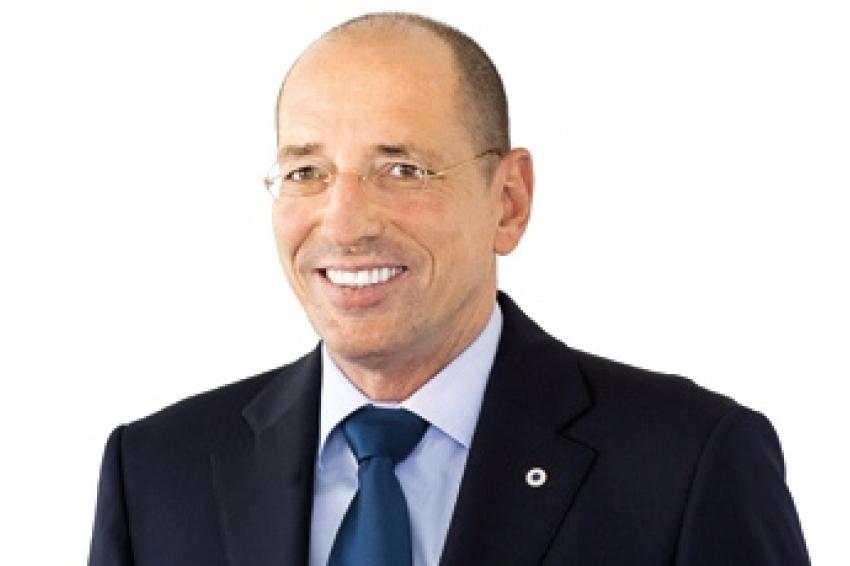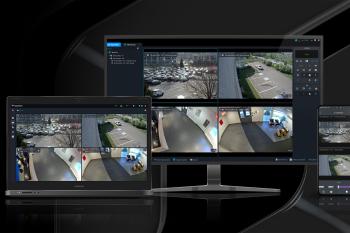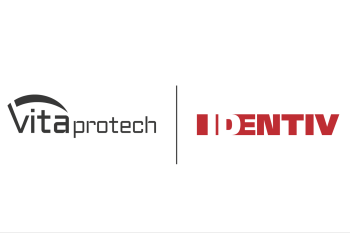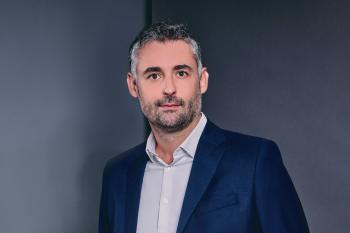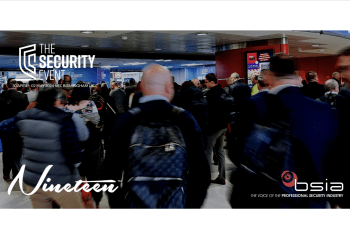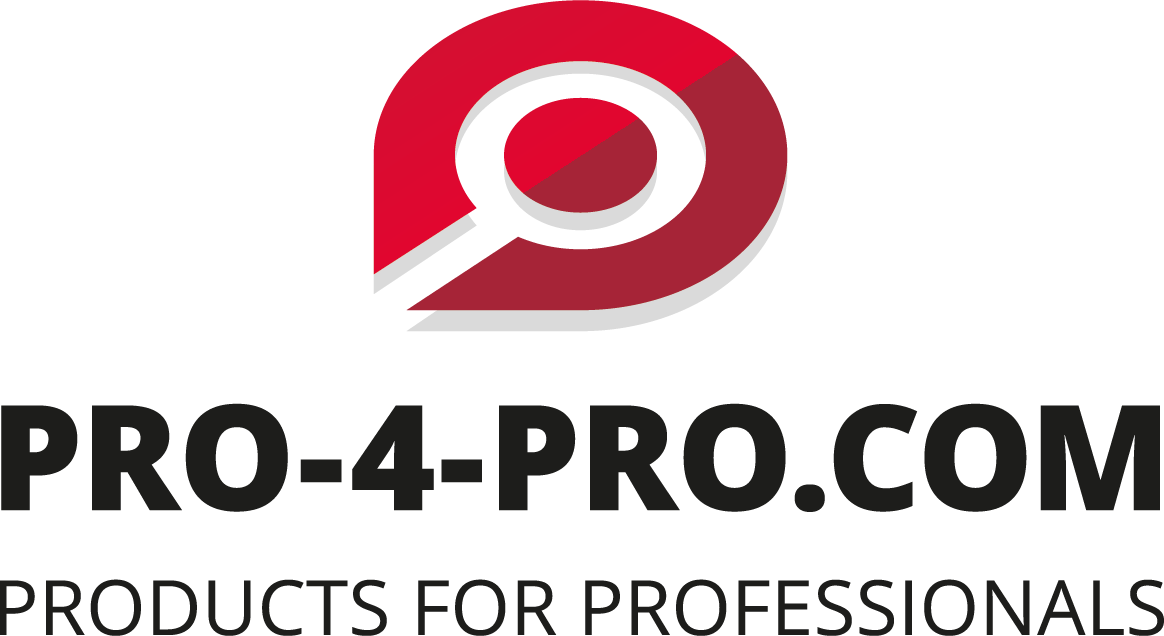Systemic Thinking: In Conversation with Hans-Gernot Illig of Simons Voss
24.04.2012 - SimonsVoss can look back on a highly successful year and, according to a study by a strategy consulting company, landed in the top ten of the leading German medium-sized companies ...
SimonsVoss can look back on a highly successful year and, according to a study by a strategy consulting company, landed in the top ten of the leading German medium-sized companies with regard to earnings and turnover growth. Power of innovation and high customer focus formed the basis of this success. The company is currently investing 6 million Euro in a new production facility in Saxony-Anhalt. As from the middle of 2013, electronic locking cylinders and the newly introduced ‘Smart Handle' digital escutcheons will be manufactured there and delivered to customers worldwide from the integrated logistics center. And significant expansion is planned for the coming year too. Matthias Erler of GIT-SECURITY.com spoke about this with the CEO, Hans-Gernot Illig.
Mr. Illig, your company recently announced the construction of a new manufacturing and logistics center, and you also want to grow "significantly more than the market" in the coming year. What is this success and optimism for the future based on?
Hans-Gernot Illig: We have been manufacturing at our present location for some ten years now and have exhausted the available space there. We therefore didn't want to invest further in the existing facilities and decided instead for a new building. We were able to design this so that our manufacturing flow will be quicker and we have introduced new manufacturing methods that will increase capacity. If we had continued as before we would have by reached the limit by the end of 2013.
How does the schedule look?
Hans-Gernot Illig: Building will commence in 2012 and we want to have moved production to the new location in Osterfeld by the middle of 2013.
You mentioned manufacturing methods just now - what will change in this respect?
Hans-Gernot Illig: We are currently progressing away from purely manual production to semi-automated manufacture. Our production is very labor-intensive; difficult and tiny components have to be assembled. We have employed qualified watchmakers for some of this work. Full automation would not currently be beneficial, and the very qualified manual processes remain important. Partial automation will however definitely be worthwhile.
You manufacture solely in Germany ...
Hans-Gernot Illig: Yes, and it will stay that way in the long term; we believe in "Made in Germany" quality. We have no products anyway that could quickly be made in China as our production is too closely tied with our development. We work very tightly in response to order intake and projects. We don't manufacture any mass products that simply roll off the assembly line, not least because the subject of doors is very broad. Their component parts enable thousands of possible combinations and it is simply not possible to have such a wide variety on stock.
And you continue to grow.
Hans-Gernot Illig: If you look at the last few years there were certainly upheavals in 2007 and 2008 in the industry, and 2009 was particularly hard. But our turnover with positive growth rates remained significantly above the general market trend. In 2010 we ended with a significant increase, and in 2011 we even had a very good double-digit turnover growth.
To what do you attribute these strengths?
Hans-Gernot Illig: We offer a very modern portfolio of products and have a very strong development department. We invest continuously more than 10 percent of our annual turnover in R&D for new products. On average, 50 % of our turnover is based on new products, that is, products that are less than three years old. We are strong on projects and this is important. It means that we must work very closely with our customers - both trade and end-users - to arrive at the optimum solution. Our entire organization is set up to be customer-oriented and a recent study has confirmed this (Top 100 medium-sized companies). According to the report, Simons Voss belonged in the top ten of the most innovative companies in Germany. In summary, the key factors to our success are a strong development team, innovation and customer orientation. This is also made evident by the fact that, although we are a manufacturing company, 50 percent of our employees are in sales and marketing, product management and technical customer support. In this way we also differ from most of our competitors.
What makes you so optimistic for the future?
Hans-Gernot Illig: Well, on the one hand, past experience has shown that we can keep on fighting even in turbulent times. My optimism is also fed by our very strong market position in our core central European markets. Additionally we extended our product range in the middle of last year with RFID components and electronic locks. This is particularly interesting for the British, Spanish and Italian markets. We have our own system, based on Mifare Classic and Desfire, that enhances our range of electronic locking cylinders and electronic escutcheons.
You emphasized that you work very closely with your customers - how does that work in practice?
Hans-Gernot Illig: Especially with large projects it is important to work intensively together with the end user to find an all-embracing customer-specific solution. A typical problem for a supplier, to mention one example, is the fact that there are many thousand doors in a multiplicity of buildings that need to be systematically catered for. That cannot work with off-the-shelf products because it is a complex task - for example, organizationally complex with the most varied access authorizations. Even environmental matters can make a job complex.
In what way?
Hans-Gernot Illig: In hot, cold or damp conditions, for example at the coast, the question arises whether a mechanical cylinder will be sufficient or whether the keyway might be blocked by grains of sand or similar. Other locations are extremely cold in Winter. These and many other factors must be countered with suitable product characteristics and through effective management of the entire system. Here, what I consider to be a "typically German" way of systemic thinking is put to good use. It is an engineer's way of thinking with which one can flexibly and quickly react to market requirements. We cannot deny that this way of thinking and method of working also affects us.
The prognoses for further development of our industry are not generally looking so positive. Do you consider Simons Voss to be immune?
Hans-Gernot Illig: We are following development very closely, in particular the Euro crisis and its effect on the buying behavior of our customers. 2012 will most likely be more difficult than 2011, but creating scenarios in this field is very difficult. 2011 was a very good year for a number of reasons, and from that point of view it would not be surprising if 2012 was not quite so strong.
A few years ago there was talk of Simons Voss being taken over by Assa Abloy - the German Antitrust agency didn't approve it then. Is the subject of a merger then closed for the foreseeable future?
Hans-Gernot Illig: For one thing, the reasons contributing to the judgment then are still applicable as before. Apart from that, our independence has proved itself.
Where do you see the most opportunity in the future for your products and solutions - and in which markets will you grow most strongly?
Hans-Gernot Illig: We don't view ourselves as a product manufacturer but as a system manufacturer, and this helps us because we continue to see a trend towards electronic locking and access control systems as well as the complete networking or virtual networking of systems.
Which customers choose complete networking and which choose virtual networking?
Hans-Gernot Illig: Complete networking is beneficial in systems with many doors and with a high amount of administration. The programming of access authorization not locally but instead networked to a central location saves a lot of time, particularly with large systems. We are definitely pioneers with such online solutions. This includes electronic, battery-driven lock barrels and the networking of electronic cylinders. We started with these in 2000, and were ahead of the field. Networking makes reprogramming easier, but generates also an alarm in real time if any unauthorized person tries to gain access. This real-time functionality cannot be achieved with virtual networking. Virtual networking can however provide certain characteristics of a networked solution. It enables a pure offline solution to be upgraded economically and administer a locking system more efficiently. The safety features that are vital where a danger alarm is important require a fully networked system however.
What are currently the newest development in the pipeline?
Hans-Gernot Illig: As I mentioned, our new product range using RFID technology should be mentioned here - we will introduce it into the target markets during 2012. In addition we are working intensely on NFC system solutions. Our NFC solution for mobile telephones is called Mobilekey and can already be downloaded from the App Store. With this ‘Near Field Communication' method, RFID chips are integrated into mobile devices. Currently typical applications are for payment functionality. In the future, however, such systems could replace card systems.
What specific areas of application can you imagine here?
Hans-Gernot Illig: One example would be the service industries, for example an elderly people's care service. There is an entrance with an electronic lock, and the service is provided by various different people. Until now the carers would each have to collect the key. With an NFC system, however, the administration center can program the appropriate authorization on the hour directly to the Smartphone of the relevant carers. We are expecting NFC technology to fulfill many different functions in mobile telephones in the future, and controlling lock systems is just one of them.
Security itself seems to be a problem for this technology though?
Hans-Gernot Illig: There are a number of problems that have to be resolved here. What happens for example when the battery is empty, or if the mobile device is lost? Services must be created and the application must be highly secure because we're dealing with confidential data here. It needs an appropriate infrastructure, an integrated system. The manufacturers of the mobile terminals are also challenged here - currently, discussions are still taking place on the standards. We must provide the customer with a complete tool at the end of the day which is able to administer NFC-capable systems. Our end customers, in particular large companies, are already asking for them.
Mr. Illig, many thanks for the interview.
Contact
*SimonsVoss Technologies GmbH
Feringastr. 4
85774 Unterföhring
Germany
+49 89 99228 0
+49 89 99228 222

